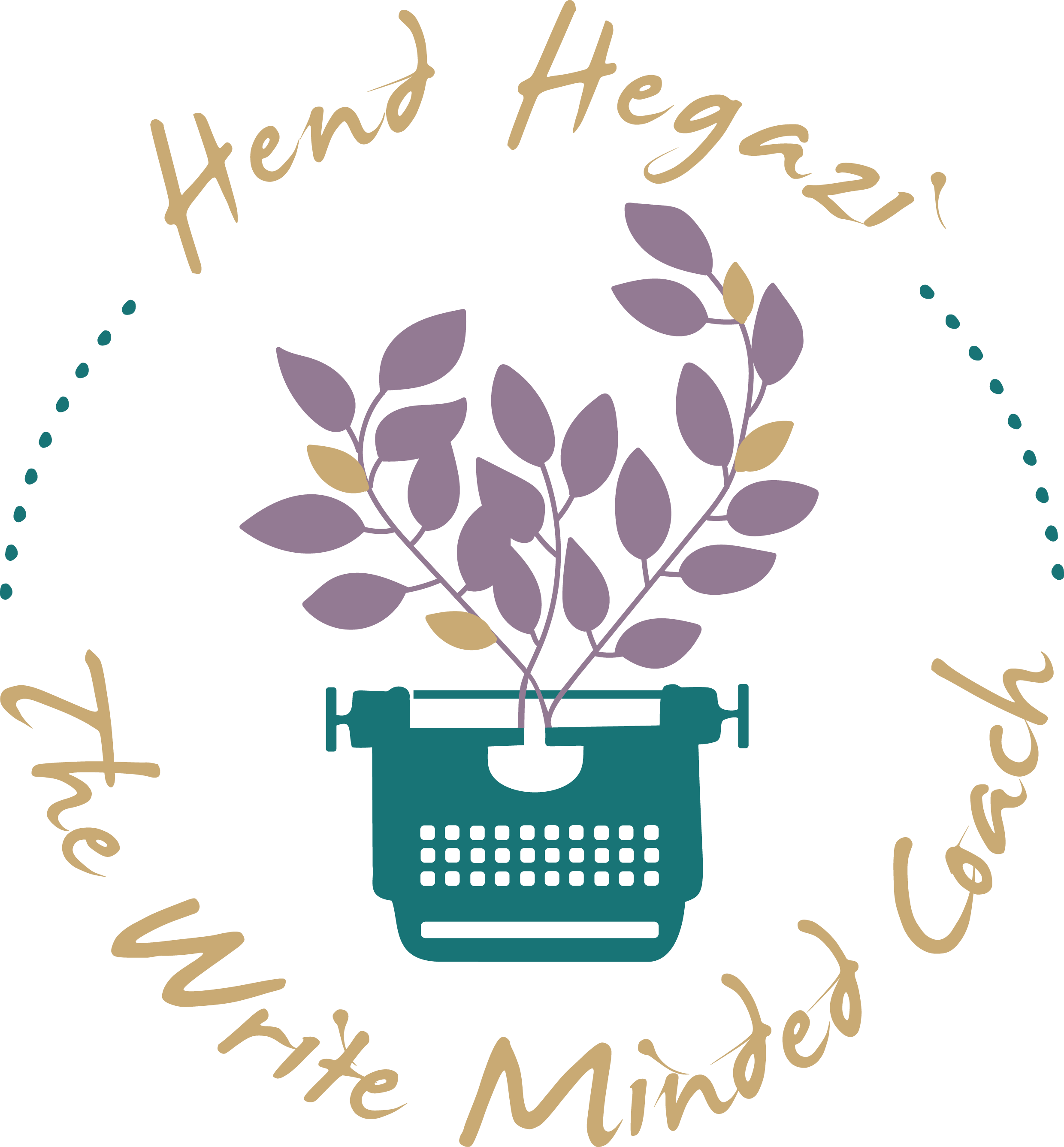As an editor, one question I hear over and over from clients is how to know when you’ve done enough self-editing and don’t need any more revisions. Writers tend to be perfectionists, so it can be challenging to know when they are finished self-editing and can move onto the next stage.
As a general rule, a piece requires at least three to five read throughs. These will include editing for content as well as editing for the writing itself.
Dealing with the content and other big picture elements, like structure, before jumping into editing the writing can help save you a lot of time. Consider you’ve written a scene, and you spend hours and hours editing the writing. It takes you days to get the scene exactly the way you want it. Then later, as you read through and continue with your editing, you realize that that scene doesn’t actually belong in your book at all!
It’s important to note that even though there will certainly be scenes or sections that you will end up cutting from your book, NONE of that writing time (or editing time!) is ever a waste. You learn from every section you write, and from every section you cut. Just like writing is a practice by which you improve, so is editing. With each scene you cut, you recognize and learn to avoid writing that DOESN’T work, a skill which is just as important as recognizing strong writing.
Some writers try to edit both the writing and the content concurrently, but I advise against this. Doing so will likely lead to overwhelm and cause you to overlook mistakes that you would have otherwise caught. It is more effective for you to zero-in on specific elements with each read through.
This takes us back to our question: how do you know when it's actually done? At what point do you say, “That's it, this piece is finished. I cannot make it any better than it is”? Especially when, with each read through, you’re still making changes here and there?
If the changes that you’re making are still related to content and structure, then you aren’t finished yet. If you are still making changes to the plot or cutting and pasting sections, or deleting sections altogether, then you are not finished yet.
Keep editing until the content and the structure of your book are solid. You’ll know you’re done if the writing is strong, and you are only making tiny tweaks. A minor change in word order. A change in word choice. Removing italics from a line. Adding an elusive comma. When all that's left is those tiny tweaks, then you know you're done.
With shorter works, like short stories and articles and pieces that are under about ten thousand words, probably three to five read-throughs will be more than enough. During those three to five rounds, you will be able to make all of the structural changes, content changes, and writing related, grammar, line editing changes that you need to make.
But when you're talking about something that is longer, like an e-book of around thirty thousand words or a full length fifty, sixty, seventy, eighty thousand word book, then It's probably going to take you more than three to five rounds. The truth of the matter is that most books that make it to the shelf have gone through so many rounds of edits, closer to ten, some even closer to twenty.
And yes, depending on which part of the process you prefer, this might overwhelm you. But if you remind yourself that this is what’s best for your book, that these rounds of edits make it a stronger story, and that this is how you will be able to put out your very best work, that understanding will help keep you motivated and stick to it until it’s finished.




